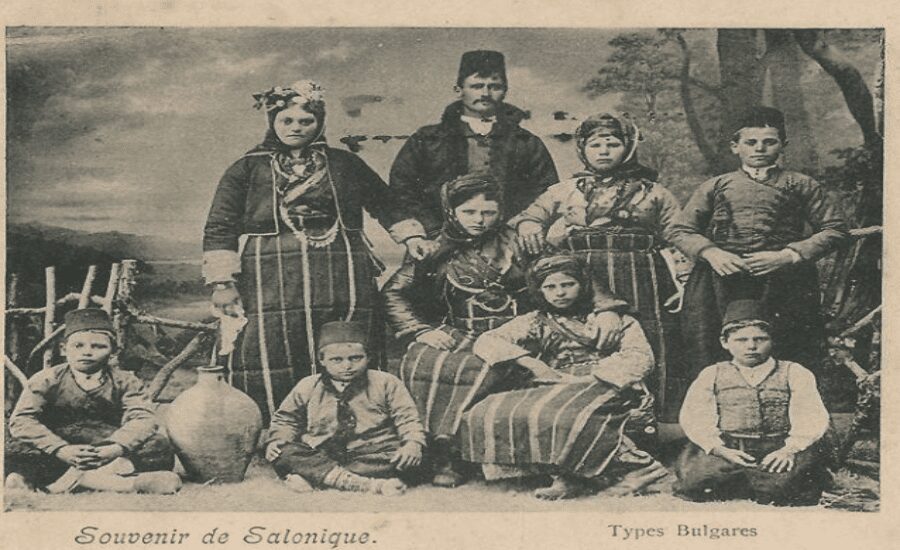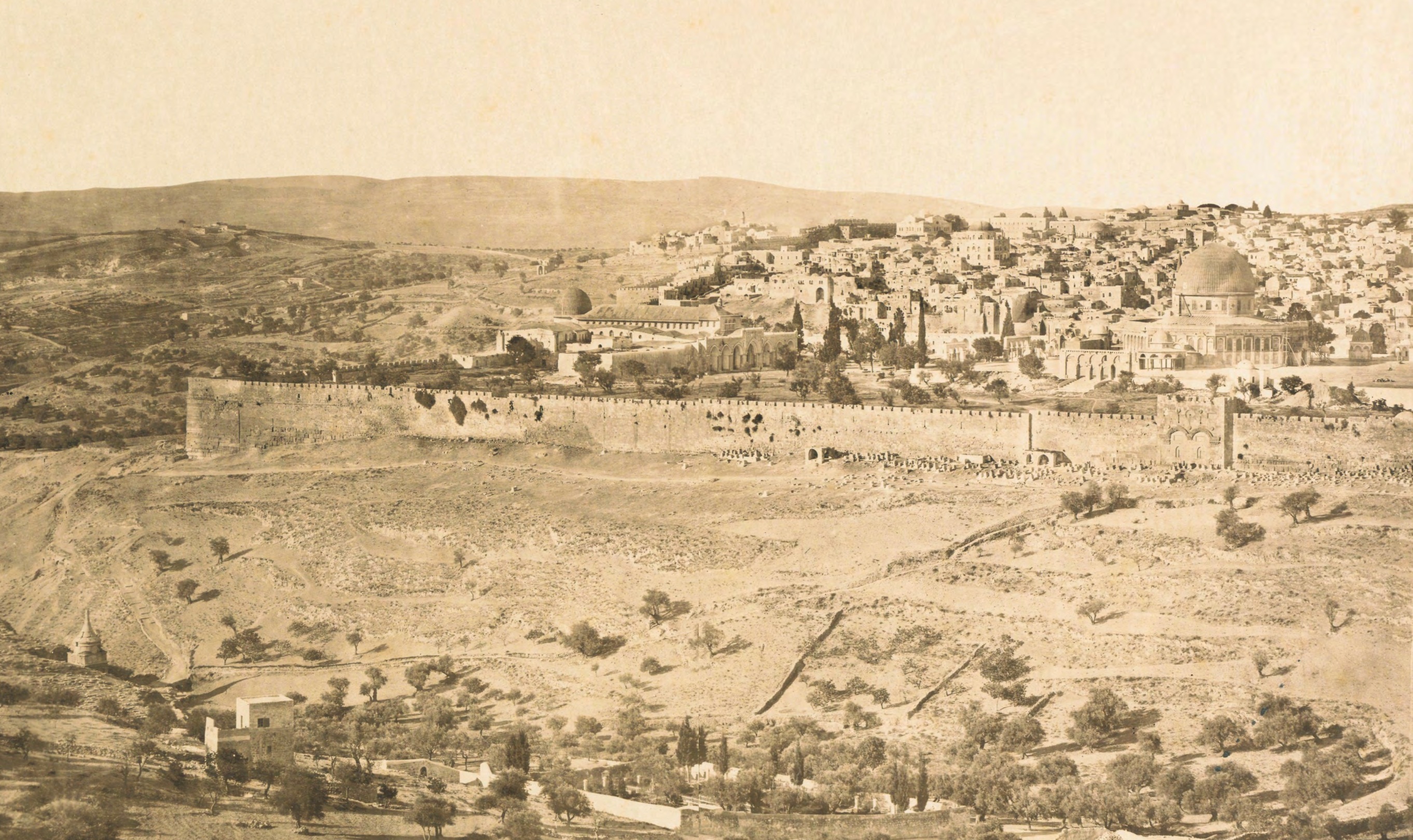Ottoman Bulgaria: A Historical Guide to 500 Years of Heritage
Table of Contents
Imagine strolling through the cobblestone alleys of Plovdiv. The scent of rich Turkish coffee hangs in the air, and in the background, you see the minaret of the Dzhumaya Mosque rising majestically beside Roman ruins. In this precise moment, you are experiencing Ottoman Bulgaria. It is not just a chapter in dusty history books, but a living layer of Bulgarian identity that is often misunderstood.
For many, the Ottoman era is simply a time of “foreign rule.” But as a Senior Editor specializing in historical contexts, I tell you: it is more complicatedand more fascinating. We are talking about nearly 500 years (1396-1878) that shaped everything from cuisine to language and architecture. To truly understand modern Bulgaria, we must lift the veil of national romanticism and look at the facts.
The Beginning of the End: How Bulgaria Became Ottoman
History does not happen overnight. By the late 14th century, the Second Bulgarian Empire was already weakened by internal conflicts. The Ottomans, a rising power from Anatolia, seized this power vacuum. The turning point was the Battle of Nicopolis in 1396. Here, a final major crusade of Western knights was devastatingly defeated by Sultan Bayezid I. With the fall of the Tsardom of Vidin, Bulgarian independence effectively ended for nearly half a millennium.
What you need to know: Bulgaria became the heartland of “Rumelia” (the European part of the Ottoman Empire). Sofia quickly developed into an administrative center long before it became the capital of modern Bulgaria. If you want to understand the imperial dynamics of that era, it is worth looking at how these shifts compare to the deep historical layers found in neighboring regions, such as the often overlooked industrial and historical depth of Kocaeli.

Life Under the Crescent: More Than Just Oppression
Historians often debate the term “The Ottoman Yoke.” While there were undoubtedly periods of hardship and the infamous “Blood Tax” (Devshirme), daily life was often more pragmatic. The Ottoman Empire organized its subjects under the Millet System. This allowed religious minorities a degree of autonomy, provided they remained loyal and paid their taxes (such as the Jizya poll tax for non Muslims).
This era produced an unexpected cultural symbiosis:
- Cuisine: Musaka, Baklava, and Yogurt are Bulgarian staples today, but they have clear Ottoman roots.
- Craftsmanship: Entire cities specialized in specific trades for the Empire. This mirrors the deep tradition of manufacturing quality that still defines the region, similar to the legacy seen in Turkey’s top tile manufacturers today.
- Architecture: Bridges like the famous “Devil’s Bridge” (Dyavolski Most) in the Rhodope Mountains testify to Ottoman engineering prowess.
The Bulgarian Revival (Vazrazhdane)
No empire lasts forever. In the 18th and 19th centuries, what historians call the “Bulgarian National Revival” began. It was a time of cultural and spiritual awakening, often dated to 1762, when the monk Paisius of Hilendar wrote his Slavonic Bulgarian History. He urged his countrymen to be proud of their Bulgarian heritage and not to be ashamed.
This period produced revolutionaries like Vasil Levski and Hristo Botev, whose ideals of freedom and independence eventually culminated in the April Uprising of 1876. The brutal suppression of this revolt shocked Europe and led directly to the Russo Turkish War (1877-1878) and finally to the Treaty of Berlin in 1878, which established the modern Bulgarian state.
The Visible Legacy: Where You Can Breathe History Today
If you travel through Bulgaria today, you will see traces of history everywhereyou just need to know where to look. Here is my curated “Editor’s Pick” for places that have best preserved the Ottoman heritage:
1. Plovdiv: The Dzhumaya Mosque
Right in the heart of the pedestrian zone stands the Dzhumaya Mosque, one of the oldest and largest Ottoman religious buildings in the Balkans. It remains active to this day. Surrounded by cafes serving tea, it is a perfect example of the peaceful coexistence of cultures, reminiscent of the communal atmosphere you might find during a day at a Turkish Hammam.
2. Sofia: The Banya Bashi Mosque
A work of the famous architect Mimar Sinan (or his school), built in the 16th century. It stands symbolically on the “Square of Tolerance,” just meters away from a synagogue, a Catholic cathedral, and an Orthodox church. For history buffs, this architectural density is a rare find.

Language as a Living Archive
Perhaps the most enduring legacy is invisible: language. Even proud Bulgarian nationalists use words of Turkish origin daily, often without realizing it. These so-called “Turkisms” are deeply rooted:
- “Haide” (Хайде): Means “Let’s go” or “Come on.” A word you will hear everywhere in the Balkans.
- “Kusur” (Кусур): A mistake or flaw.
- “Charshiya” (Чаршия): The marketplace or city center (from the Turkish Çarşı).
- “Aman”: An exclamation of despair or pleading, a sentiment often echoed in the spiritual depth of Yunus Emre’s poetry.
Conclusion: A Complex Mosaic
Ottoman Bulgaria was a land of contrasts. It was a time of foreign control, but also of cultural exchange. The relationship remains complex: on one hand, the Ottoman era is often portrayed in the national narrative as a dark time; on the other, the cultural connectionsfrom music to foodare undeniable.
Anyone visiting Bulgaria today finds a country proud of its independence, yet resting on a foundation shaped by five centuries of Ottoman history. It is this interplay of Slavic tradition and Oriental influence that makes Bulgaria so unique.







